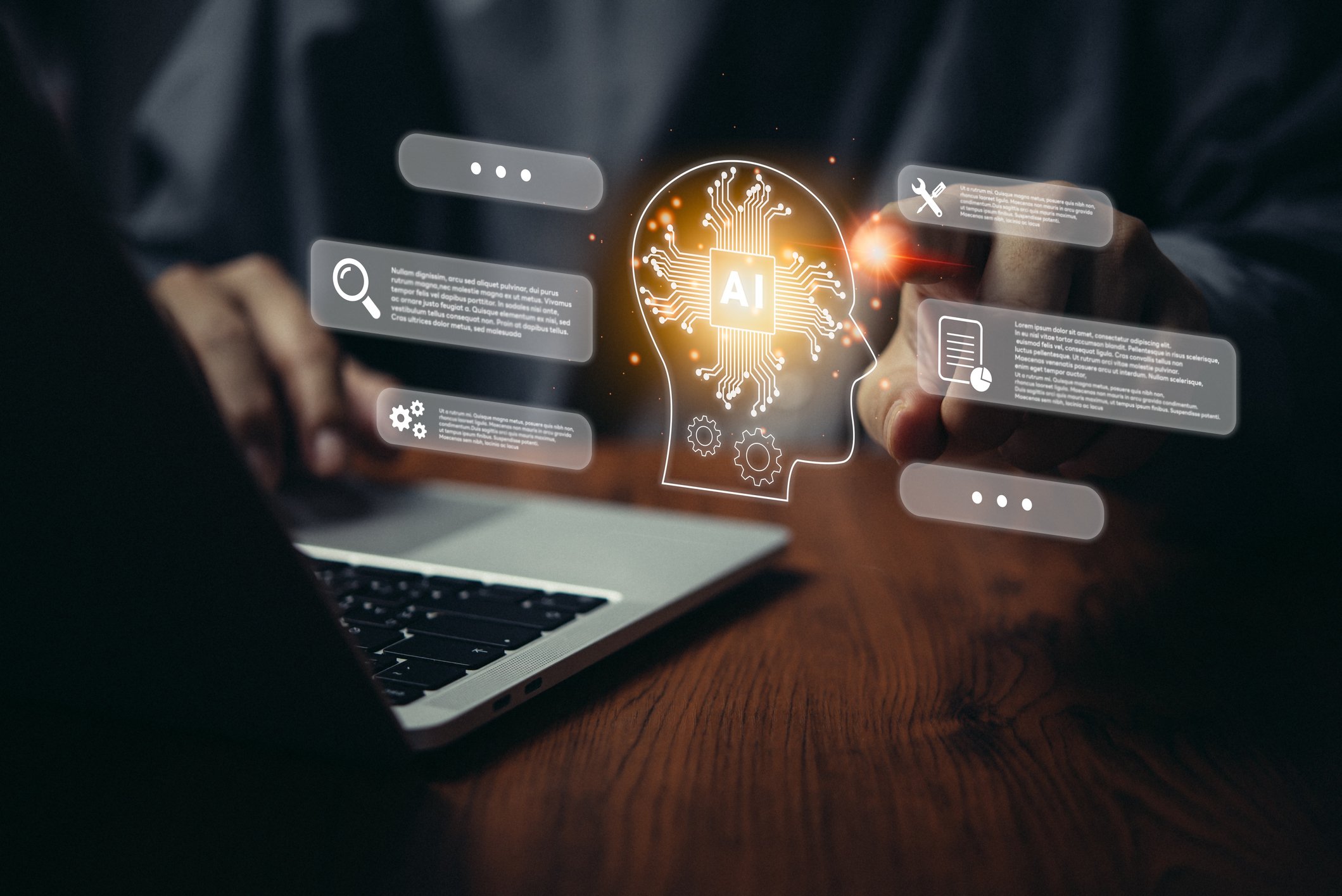The business landscape is evolving at breakneck speed, and B2B marketing is no exception. In this competitive arena, staying ahead of the curve requires not just innovative strategies, but also leveraging the power of cutting-edge technologies. Artificial intelligence (AI) is rapidly transforming the way B2B companies market and engage with their target audiences, offering unparalleled opportunities for efficiency, personalization, and growth.
From Hype to Reality: AI’s Impact on B2B Marketing
AI is no longer a distant vision of the future; it’s already playing a transformative role in B2B marketing across various aspects:
- Hyper-Targeted Customer Acquisition: Gone are the days of mass marketing campaigns. AI empowers B2B marketers to leverage rich data sets and advanced algorithms to identify highly relevant potential customers with pinpoint accuracy. This data-driven approach ensures your marketing efforts reach the right people at the right time, increasing campaign effectiveness and ROI.
- Personalized Customer Journeys: B2B buyers are no longer faceless entities. AI enables the creation of personalized experiences throughout the buyer’s journey. From dynamic website content that adapts to individual preferences to tailored email campaigns and chatbot interactions, AI fosters genuine connections and drives engagement.
- Predictive Lead Scoring and Nurturing: Qualifying leads can be time-consuming and resource-intensive. AI-powered lead scoring models analyze customer interactions, behaviors, and demographics to predict which leads are most likely to convert. This allows B2B marketers to prioritize high-value prospects and nurture them with targeted content and outreach, maximizing conversion rates.
- Content Creation at Scale: Generating high-quality content consistently can be a challenge. AI-powered content creation tools like Grammarly and Jarvis use Natural Language Processing (NLP) to craft compelling blog posts, social media messages, and even personalized reports and white papers. These tools help B2B marketers produce relevant and engaging content at scale, saving time and resources.

- Market Research and Insights: Gaining real-time insights into market trends and competitor activity is crucial for informed decision-making. AI can analyze vast amounts of data from social media, industry reports, and news sources, providing B2B marketers with actionable insights to stay ahead of the curve and tailor their strategies accordingly.
- Streamlined Marketing Operations: Automating repetitive tasks like data entry, lead qualification, and campaign management frees up B2B marketers to focus on higher-level strategic activities. AI-powered marketing automation tools streamline workflows, improve efficiency, and enable data-driven decision-making.
- Chatbots and Conversational Marketing: AI-powered chatbots are revolutionizing customer service and lead generation. They offer 24/7 availability, answer frequently asked questions, and can even qualify leads and schedule appointments. This personalized and interactive approach enhances customer experience and increases overall engagement.
Beyond the Hype: Challenges and Considerations
While AI presents exciting opportunities, it’s crucial to acknowledge the challenges and ethical considerations:
Data Privacy: As AI relies heavily on data, ensuring data privacy and security is paramount. B2B marketers must adhere to data protection regulations and be transparent about data collection and usage.
Explainability and Fairness: AI algorithms can be complex, making it challenging to understand their decision-making processes. It’s crucial to ensure algorithms are fair and unbiased, avoiding discrimination against specific groups.

Human-AI Collaboration: AI is not a replacement for human ingenuity and creativity. B2B marketers should leverage AI as a powerful tool to enhance their efforts, not replace them. The future lies in human-AI collaboration, where human oversight and expertise guide the application of AI for optimal results.
Embracing the AI-Powered Future
The future of B2B marketing is undoubtedly powered by AI. By understanding its potential, challenges, and ethical considerations, B2B companies can harness this transformative technology to create more targeted, personalized, and data-driven marketing strategies. This will not only ensure they reach the right audience but also foster deeper connections, drive conversions, and ultimately achieve sustainable growth in the ever-evolving business landscape.

